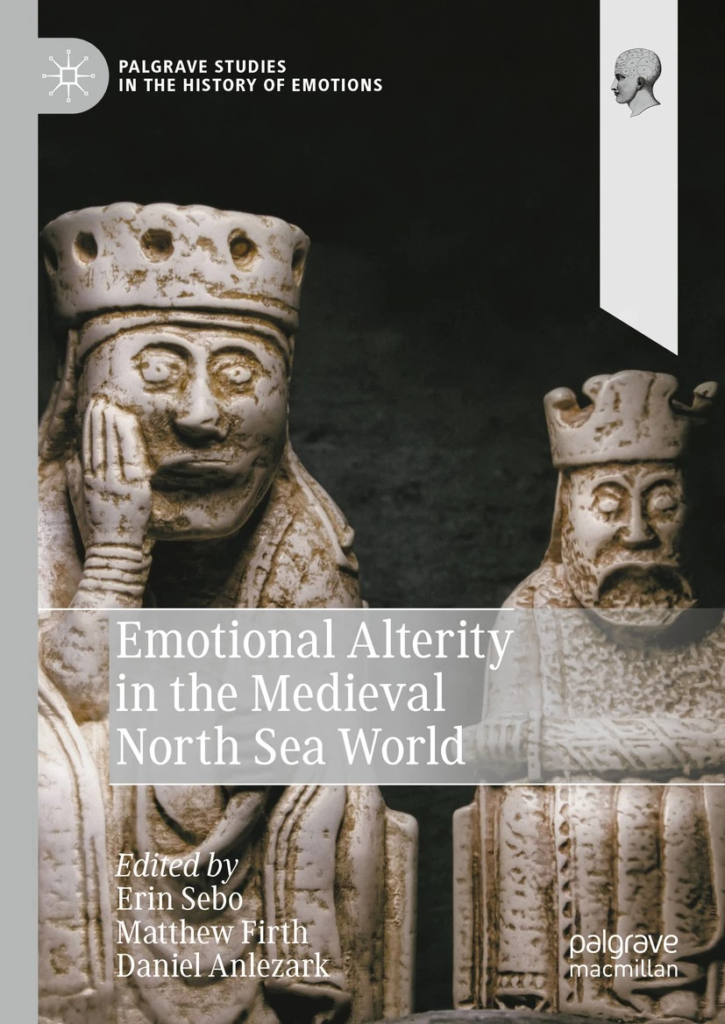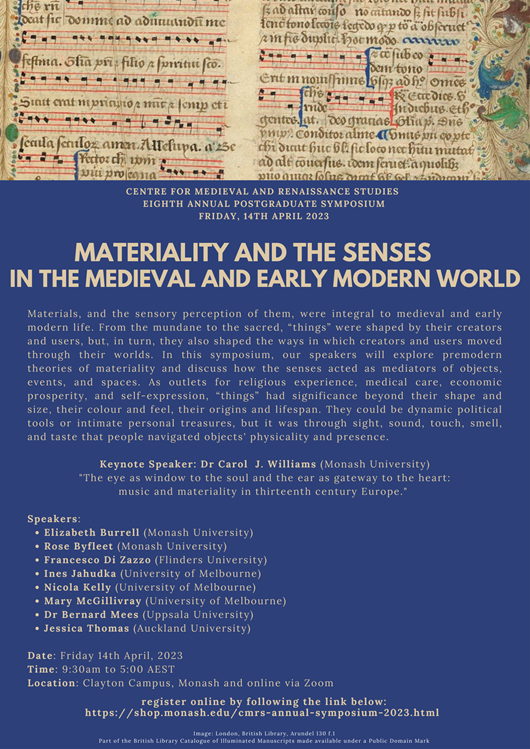ANZAMEMS members Erin Sebo (Flinders), Matthew Firth (Flinders) and Daniel Anlezark (Sydney) are pleased to announce the publication of their edited collection Emotional Alterity in the Medieval North Sea World.
This book addresses a little-considered aspect of the study of the history of emotions in medieval literature: the depiction of perplexing emotional reactions. Medieval literature often confronts audiences with displays of emotion that are improbable, physiologically impossible, or simply unfathomable in modern social contexts. The intent of such episodes is not always clear; medieval texts rarely explain emotional responses or their motivations. The implication is that the meanings communicated by such emotional display were so obvious to their intended audience that no explanation was required. This raises the question of whether such meanings can be recovered. This is the task to which the contributors to this book have put themselves. In approaching this question, this book does not set out to be a collection of literary studies that treat portrayals of emotion as simple tropes or motifs, isolated within their corpora. Rather, it seeks to uncover how such manifestations of feeling may reflect cultural and social dynamics underlying vernacular literatures from across the medieval North Sea world.
Contents:
1 Emotional Alterity in the Medieval Northern Sea World – Erin Sebo, Matthew Firth, and Daniel Anlezark
2 Grotesque Emotions in Old Norse Literature: Swelling Bodies, Spurting Fluids, Tears of Hail – Brynja Þorgeirsdóttir (Háskóli Íslands)
3 “Þá fær Þorbirni svá mjok at hann grætr”: Emotionality in the Sagas of East Iceland – Carolyne Larrington (University of Oxford)
4 On the Wild Side: “Impossible” Emotions in Medieval German Literature – Sonja Kerth (Universität Bremen)
5 “In an Overfurious Mood”: Emotion in Medieval Frisian Law and Life – Rolf H. Bremmer Jr (Universiteit Leiden)
6 The Vasa Mortis and Misery in Solomon and Saturn II – Daniel Anlezark (University of Sydney)
7 De Profundis: Sadness and Healing – Christina Lee (University of Nottingham)
8 The Hagiographers of Early England and the Impossible Humility of the Saints -Rosalind Love (University of Cambridge)
9 Rage and Lust in the Afterlives of King Edgar the Peaceful – Matthew Firth (Flinders University)
10 ‘Shrink Not Appalled from My Great Sorrow’: Translating Emotion in the Celtic Revival – Kate Louise Mathis (University of Edinburgh)





